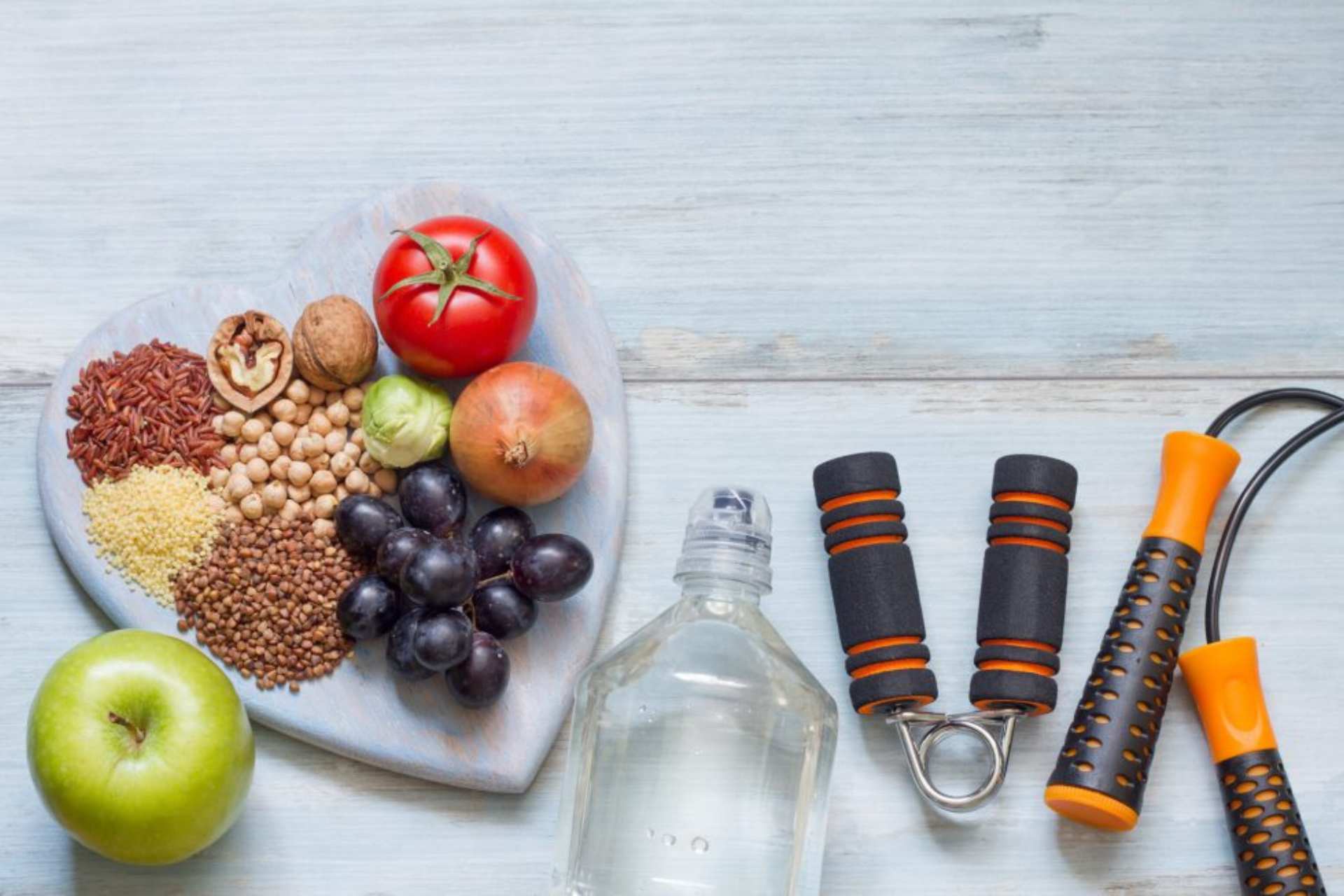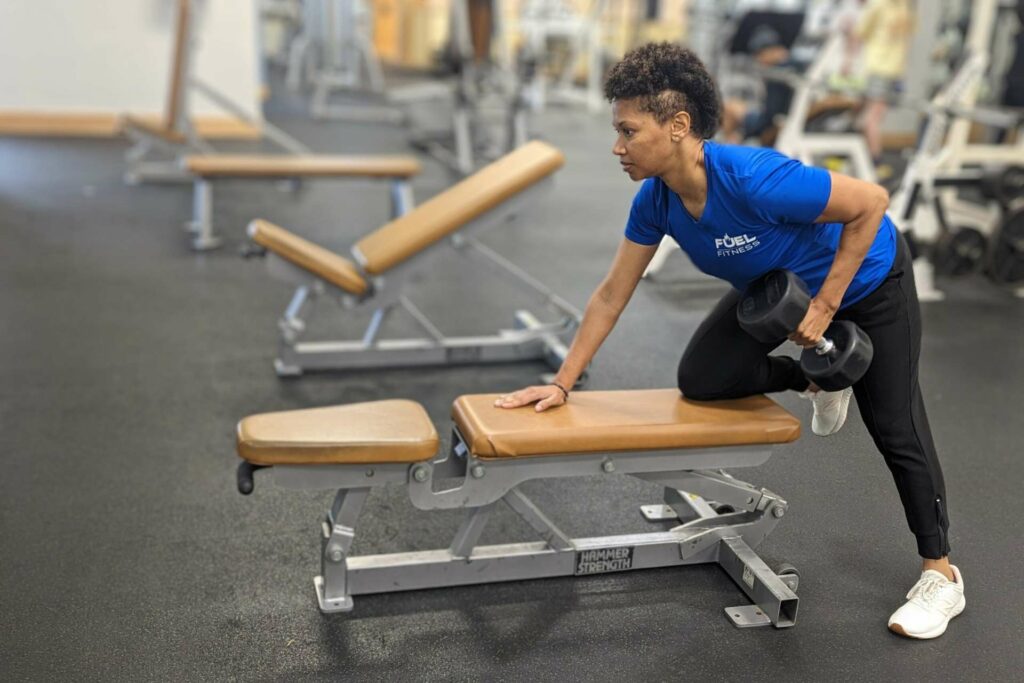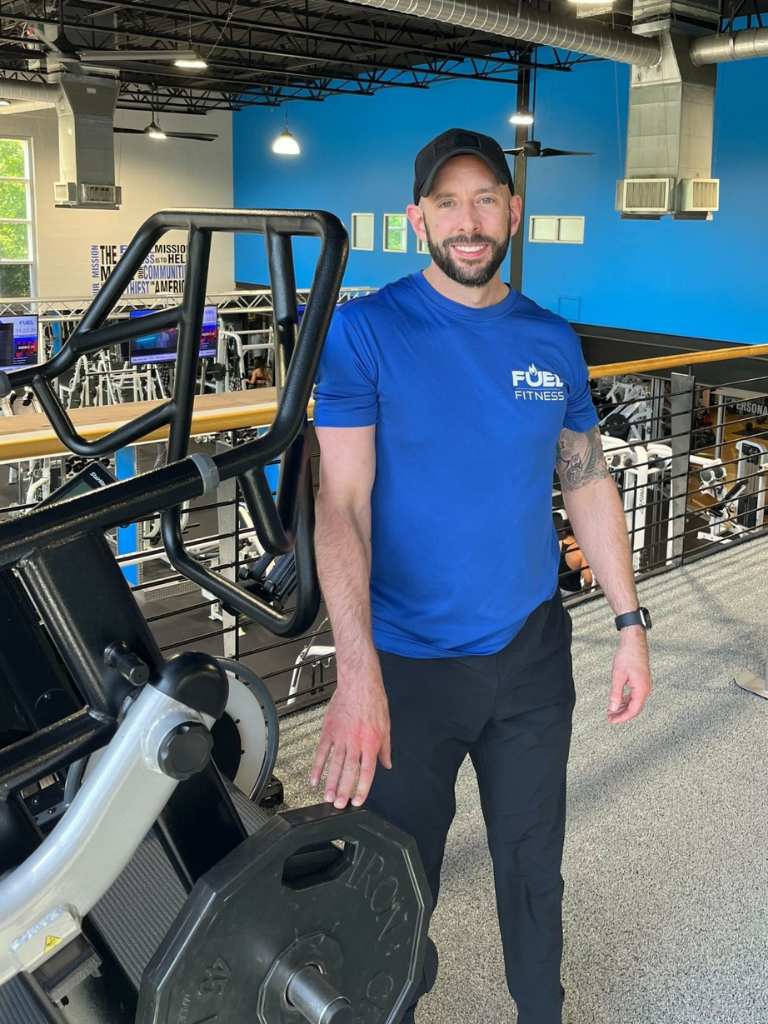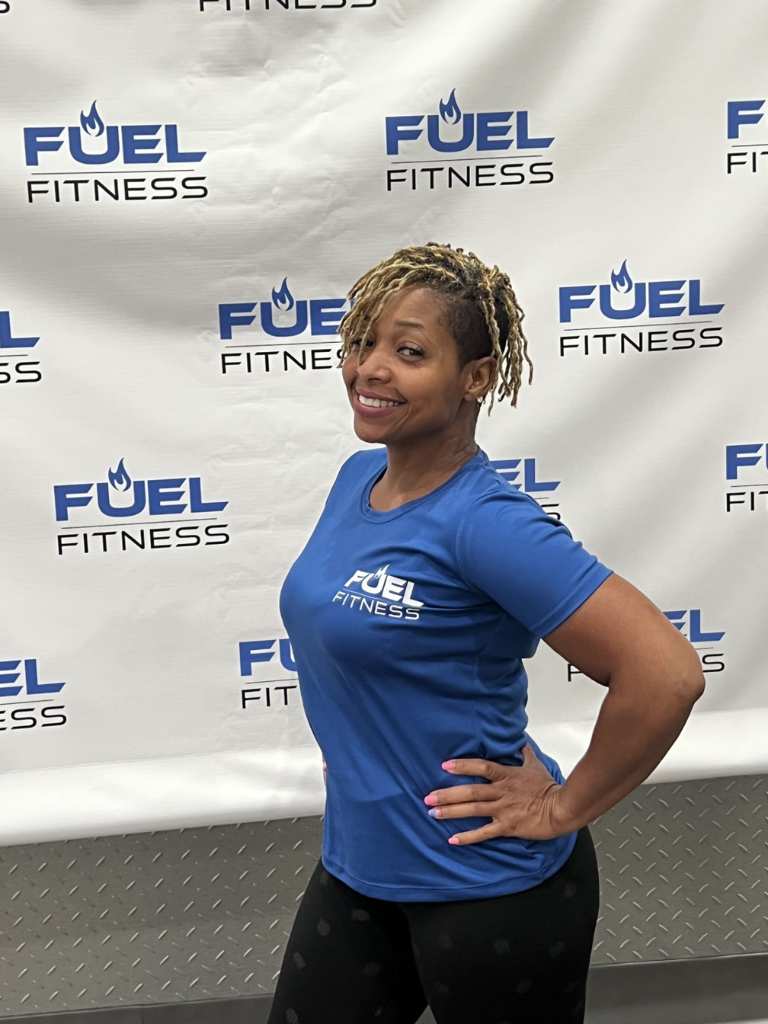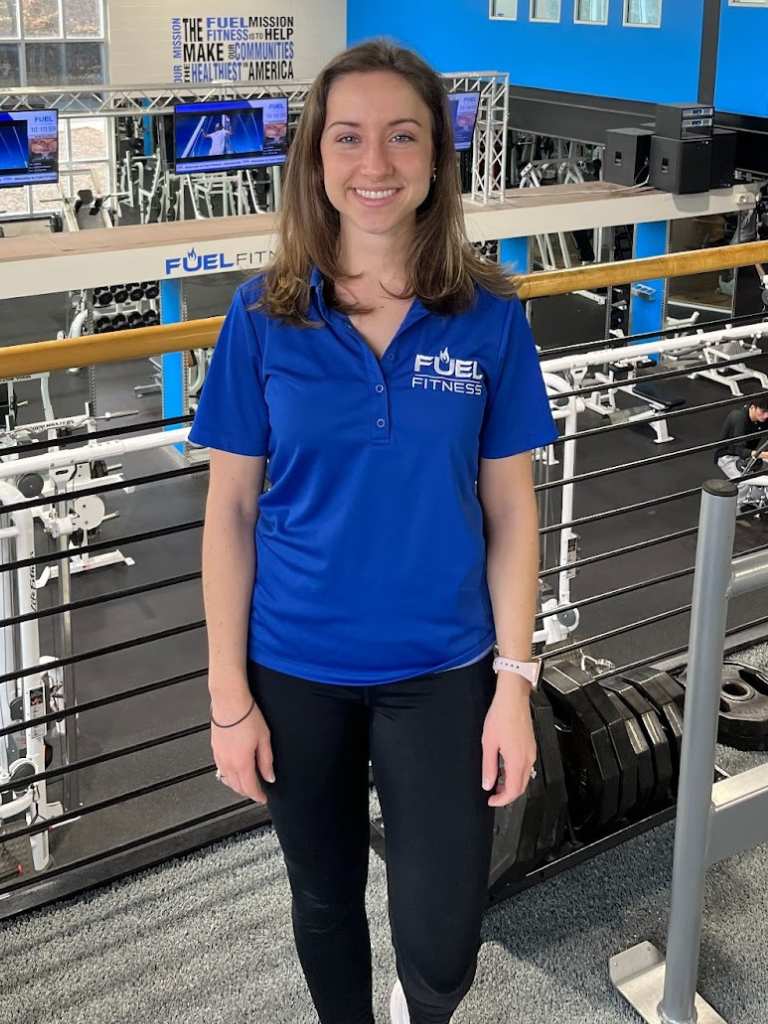Whether you’re dieting to lose weight or trying to build muscle, nutrition is a key factor in either. Protein in particular is one of our primary macronutrients. Your body needs it to perform an array of functions that keep it healthy.
Whatever your motivation, knowing how much protein you need is vital to keeping your body healthy. We’re looking at advice straight from the experts to help you figure out your protein intake.
What Is Protein?
As we mentioned in our introduction, protein is a macronutrient. Macronutrients supply the body with calories or energy. It’s one of three primary macronutrients alongside fats and carbohydrates.
The human body needs macronutrients to keep working. Protein makes up around 15% of the average person’s body weight. This is because it’s made up of amino acids which are the body’s ‘building blocks’.
Our muscles, skin, bones, organs, and more are made up of protein. That’s why protein is so important when it comes to staying healthy, as well as building muscle mass.
The body uses 20 different amino acids to function optimally. It produces 11 amino acids by itself, and the other nine essential amino acids are sourced through food. A protein that contains all nine of these essential amino acids is known as a complete protein.
This is important to remember because amino acids don’t work in solidarity. If you’re missing one amino acid from your diet, the others won’t be able to work as well.
This is why it’s important not just to have protein in your diet, but to ensure you’re getting it from the right sources of protein.
How Much Protein Do I Need?
Now you know how vital protein is to stay healthy, you need to know how much protein to include in your diet.
The Recommended Dietary Allowance (RDA) for protein is 0.8 grams per kilo of body weight. But it’s not as simple as following the RDA guidelines. These guidelines are the minimum amount of protein intake.
By this we mean, following the RDA guidelines is the minimum amount of protein you could eat a day without getting sick. Obviously, as this protein intake guidance is calculated by body weight, this intake will vary slightly from person to person.
Another factor to further complicate how much our daily recommended protein intake should be is activity levels. For those leading a sedentary lifestyle, the RDA protein guidance should be sufficient. But for those leading an active lifestyle and regularly working out in some way, they would need to increase how much protein they eat.
In terms of your diet, the RDA guidelines translate to around 10% of your daily calorie intake for a relatively active person. You can figure out your exact RDA for protein by multiplying your weight in pounds by 0.36.
However, if you’re doing heavy exercise daily, your protein intake should increase considerably. Up to around 2 grams of protein per kilogram of body weight. This could translate to up to 25% of your total daily calorie intake.
The focus on nutrition has moved recently from the recommended daily intake to the source of those nutrients. By this we mean, much of the focus is on eating healthy proteins, like the complete proteins we mentioned previously.
Complete Proteins
Getting more protein isn’t as simplistic as eating more meat. While meat can definitely provide high-quality protein for your diet, a lot of it also contains a lot of saturated fats. Particularly processed red meats like bacon, sausages, and ham.
The best sources of complete proteins are lean meats, poultry, eggs, seafood, and fish. Dairy is also a great source so foods like milk, yogurt, and cheese are good sources too. Although the latter tend to be higher in fat, so it’s ideal to get the reduced-fat options.
For vegetarians and vegans, getting complete proteins is a little harder, but not impossible. Complete plant-based protein sources include quinoa, soybeans, buckwheat, hempseed, and blue-green algae. They don’t contain as much protein as animal sources, but alongside other healthy proteins can make up a good protein intake.
One of the best sources of protein is eggs. Egg whites in particular are a very pure source of protein, with minimal carbohydrates and no fat. Skinless chicken or turkey breast is another great source, with low fat. Closely followed by fish like tuna or salmon, which have the added benefit of being packed full of omega-3.
Overall, balance is key. You need to mix up your protein sources to get the best varied and balanced diet that gives you all the nutrients you need.
Particularly if you’re trying to lose weight or gain muscle mass, getting the right amount of protein from the right sources is so important for your well-being. A personal trainer or nutritionist would be the best person to advise you on your individual intake.
Can You Eat Too Much Protein?
Short answer, yes. The body has no way of storing protein. So stuffing your diet full of protein in the hopes you’ll make some muscle gains isn’t going to work.
What actually happens if you eat too much protein is the body will convert it into fat or glucose. If it’s the latter your body is doing a process known as deamination. It’s toxic to our cells because it produces ammonia.
This is then converted into a substance called urea. Not to get too graphic, but it’s then excreted out through our urine with a rather unpleasant smell.
All this is to say, if you’re loading up on proteins expecting results, don’t.
Can Protein Help With Weight Loss?
There are a lot of differing opinions on this, as well as diets like Atkins which actively encourage high protein intake. Eating protein alone won’t make you lose weight, but it will make you feel fuller for longer. This, in turn, may lead you to consume fewer calories overall so in a sense yes protein can help you lose weight.
Long term though, a protein high diet won’t give your body everything it needs. The body needs carbohydrates and even fats to function at its best. A balanced diet is key.
Not Just Nutrition
How much protein you eat is important, as well as the rest of your diet. But if you’re trying to get in shape, your diet alone isn’t always enough. Regular exercise helps your body function at its best.
At Fuel Fitness, we’re offering free trials to all our new customers. Just get in touch with us and we’ll be happy to help you figure out your fitness goals.

